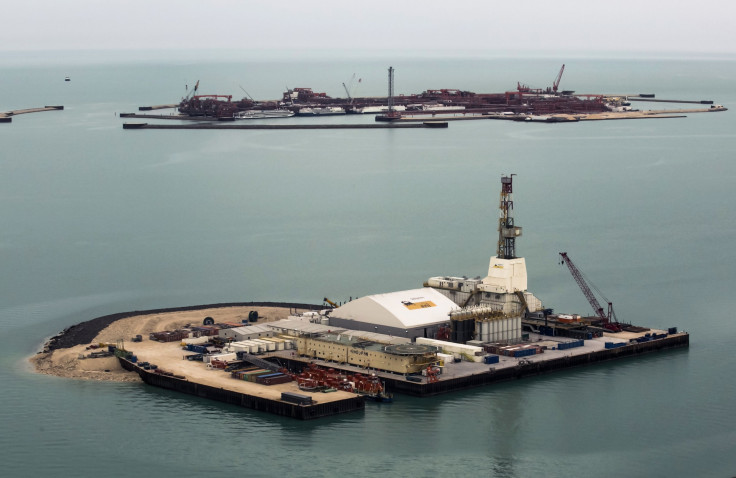Caucasus And Central Asian Countries At Risk From Slowing Growth In Emerging Markets: IMF

The Caucasus and Central Asia, which is one of the fastest-growing regions in the world and is driven primarily by the energy sector, could be weighed down by slowing growth in key trading partners such as Russia and China, the International Monetary Fund, or IMF, said in its latest assessment report on the region, released on Friday.
The region's economy is projected to grow at a rate of 6 percent in the 2014 financial year, up from 5.8 percent in the last two years, helped along by a recovery in the oil and natural gas sector, and supported by improved domestic demand and stable remittance inflows, the IMF said. But, slowing demand from countries like China, Russia, and Turkey could hurt hydrocarbon- and metal-exporting nations in the region, while energy-importing countries face the risk of lower remittances, and reduced trade and financial assistance from emerging markets. Several countries saw double-digit growth before the 2008 financial crisis.
“The favorable outlook presents an opportunity for the region to begin the structural transformation into dynamic emerging economies,” Juha Kahkonen, deputy director of the IMF’s Middle East and Central Asia Department, said in a statement.
Several nations in the region such as Armenia, Azerbaijan, Turkmenistan and Kazakhstan recorded double-digit growth in gross domestic product, or GDP, in the period between the year 2000 to 2007, but with the exception of Turkmenistan, none of the countries were able to sustain that momentum in the aftermath of the financial crisis.
And, despite robust economic growth, the region’s finances are expected to take a hit in the current financial year due to lower commodity prices, increasing expenditure and challenges in implementing tax reforms.
A high dependence on the U.S. dollar for transactions has weakened the financial system and several regional powers need to work toward limited dollarization to improve competitiveness, the report said, adding that protecting property rights and investors, fighting corruption and reforming the labor market are critical for sustained growth. And, if the proposed fiscal reforms are fully implemented, growth is expected to remain strong in 2014 supported by higher private investment and external demand, the report said.
Inflation is expected to rise to 6.9 percent in 2013-14, after declining to 5.3 percent in the previous financial year, but would stay largely within central banks’ comfort zones, while monetary policy may continue unchanged in the near-term. Volatility in consumer prices, however, will remain high, partly due to dependence on food imports, while in Uzbekistan, inflation will stay in double digits because of a continuing depreciation in the value of the currency, and high prices of food and that of goods administered by the government, and wage increases.
By contrast, in Georgia, which has been experiencing deflation since early 2012 as a result of currency appreciation, declining food and energy prices and reduced domestic demand, the trend would continue in the near-term with consumer price inflation at a negative 0.3 percent, despite the central bank relaxing monetary policy. However, in 2014, the situation is projected to improve with inflation at 4 percent.
Countries of the Caucuses and Central Asia have recorded “significant economic achievements during the two decades since their independence following the breakup of the Soviet Union,” report noted. “Although growth has slowed from the rates experienced in the decade leading up to the global financial crisis … there is scope for improvement.”
© Copyright IBTimes 2024. All rights reserved.




















